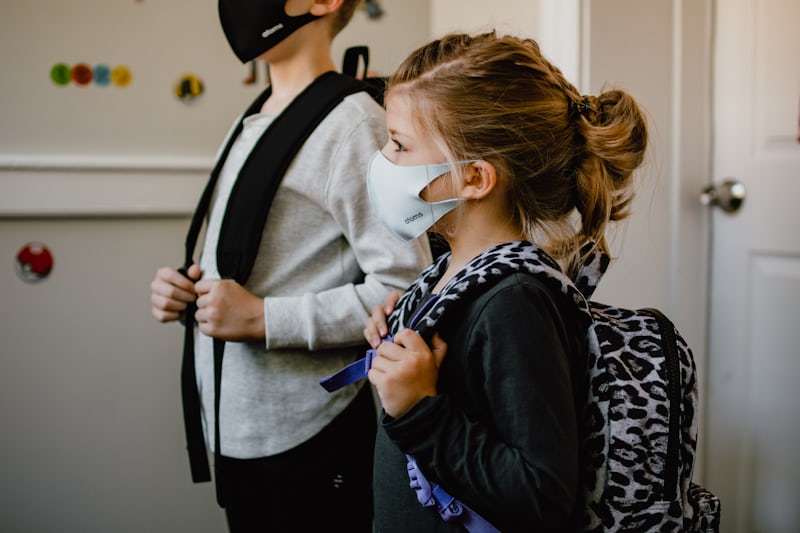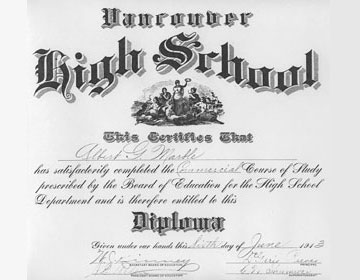
Schools function best when they follow processes. Students, families, and staff know what to expect. Everything stays in compliance with state and federal laws. We follow the process year after year. Fine tuning and increasing efficiency until a pandemic hits. Then, we scramble.
At the start of every year new students who may qualify for English Language (EL) support services in Washington state take the ELPA21 screener. I wrote a previous blog post that went into greater detail about the test, but here’s a quick overview: students new to the school qualify to take the test based on answers given on school registration forms. The test is mostly taken by incoming Kindergarten students and a few older students, who are either new to the country or state.
As a result of the pandemic no students at my school took the ELPA21 screener.
Therefore, every child, whose families indicated their first language as other than English or that they speak a language other than English at home, became a provisional EL student. They received EL services.
About a month and a half ago my school transitioned from a fully online learning model to a hybrid model with the option for families to stay fully online. Almost immediately the state wanted every student attending school in person to take the ELPA21 summative assessment within a very narrow time period. Provisional EL students needed to begin taking the test within a week.


